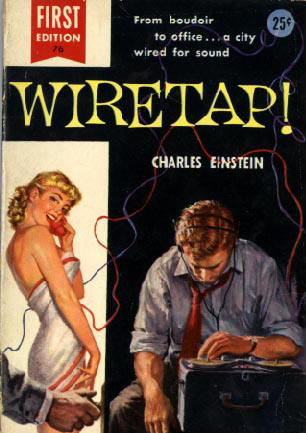 Privacy is important to everyone. We do not want anyone opening or reading letters addressed to us. We hate it when someone “listens” to our conversations. We especially dislike it when government and big business violate our right to privacy.
Privacy is important to everyone. We do not want anyone opening or reading letters addressed to us. We hate it when someone “listens” to our conversations. We especially dislike it when government and big business violate our right to privacy.
The recent revelation of former Technical Sergeant Vidal Doble that the wiretapping of a cellphone conversation between President Arroyo and Comelec Commissioner Virgilio Garcillano is of grave concern for advocates of consumer and privacy rights.
Not that I oppose any probe to be done by the Senate on the the Hello Garci controversy. The nation deserves a complete closure of this issue. The President and Garcillano should be held accountable for the seeming conspiracy to rig the 2004 elections.
What TXTPower is justified to rant about is the manner by which the Intelligence Service of the Armed Forces of the Philippines wiretapped these two officials purportedly with assistance from moles inside Smart Communications. Doble’s statements betray the inability of at least one telco to jealously guard the privacy of its subscribers.
Smart expectedly denied any role in the Hello Garci wiretapping.
Smart says it cannot fathom how wiretapping could be done. Such explanation is stupid and insults the public.
 Is it possible to do a wiretap in a GSM system? Yes!
Is it possible to do a wiretap in a GSM system? Yes!
Is it difficult or expensive? No.
In 2005 or about two years ago, Italian mobile operator TIM complained about too many authorized wiretaps that exceeded the company’s capacity to simultaneously intercept phones.
The article also states the breadth of the privacy violations, albeit sanctioned by courts, across the European Union. Most, if not all, EU countries only have GSM mobile systems.
A New York Times report says that as early as 1998:
Group computer researchers at University of California at Berkeley successfully crack widely used encryption method designed to prevent cloning of digital cellular phones, and they believe they have stumbled across evidence that system was deliberately weakened to permit Government surveillance; method that was cracked is known as GSM, for Groupe Speciale Mobile standard; GSM, world’s most widely used encryption system for cellular phones, is employed in about 80 million of devices worldwide..,
There are actually a number of international companies specializing in interception of GSM calls.
I fear a Philippine repeat of what is now being done across Europe: court-ordered wiretaps for the alleged purpose of “countering terrorism” which in this place covers dissenters and critics of the administration.
Smart’s lame excuses on the Doble accusations does not make us feel safe nor give the subscribers of the telcos a sense of security as far as their privacy is concerned.
Leave a Reply